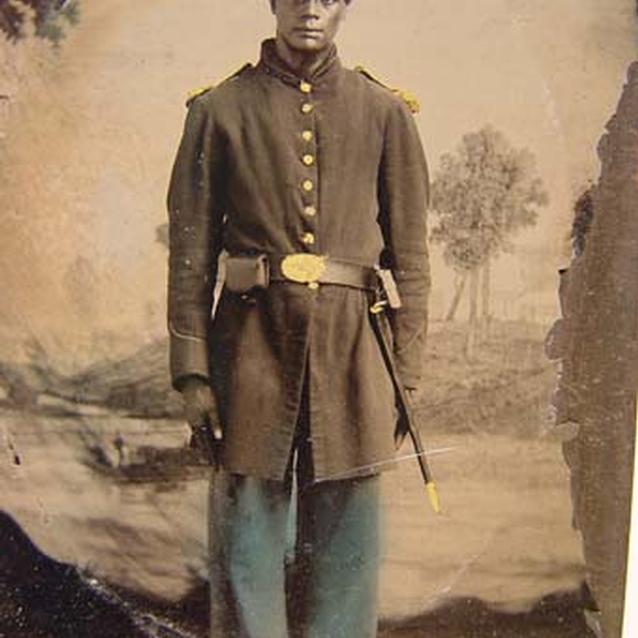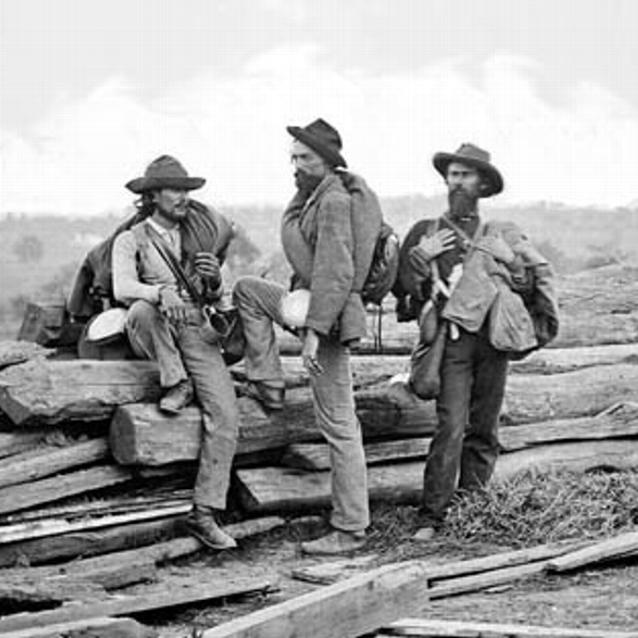The Battle of Antietam was a game changer for the Civil War. The Maryland Campaign was now over and Lee was rushing out of Virginia as fast as he could. With a victory for the Union, came an opportunity for President Lincoln to make a major move in legislation.
The Preliminary Emancipation Proclamation

Library of Congress
President Lincoln altered the course of the Civil War and the nation when he issued the preliminary Emancipation Proclamation on September 22nd, 1862. During that summer, he agonized over issuing a proclamation to abolish slavery in those states in rebellion. Until then, he had publicly stated that the war was only about preserving the Union. Some of his cabinet thought that such a move would look like an act of desperation in the face of Union military setbacks. The president needed a victory to give him the opportunity to go ahead with such a dramatic change in his war policy. The Battle of Antietam, followed by Lee's withdrawal to Virginia, was the decisive moment.
The proclamation was issued in two parts. The preliminary document was introduced five days after the battle and gave the southern states 100 days to rejoin the Union or lose their slaves. On January 1st, 1863, the Emancipation Proclamation went into effect, abolishing slavery in states in rebellion; military force would then make this freedom a reality. These important documents set the stage for the complete abolition of slavery in all the states in 1865. The proclamation also had a decisive effect discouraging European nations from allying with the Confederacy. In time, the South was deprived of valuable labor and over 200,000 African American men joined the Union army to fight for freedom.
The War Marches On

Library of Congress
As autumn gave way to winter, the Union debated the Emancipation Proclamation and the Confederacy attempted to rebuild its army in Virginia. Unable to capitalize on Federal gains, McClellan was removed from command and President Lincoln searched for a general who could defeat Lee and end the war. Lee continued to make bold moves and win spectacular victories, until setbacks at Gettysburg and Vicksburg forever put the armies of the Confederacy on the defensive.
By the time General Ulysses S. Grant managed to snare Lee at Appomattox Courthouse, over 620,000 men had died in the Civil War. From the horrors of war, the crippling legacy of slavery, and decades of reconstruction and reconciliation, our nation moved closer to the dream of freedom and justice for all.
Part of a series of articles titled A Savage Continual Thunder.
Previous: Antietam: Lead Up to and After
Last updated: February 3, 2015
